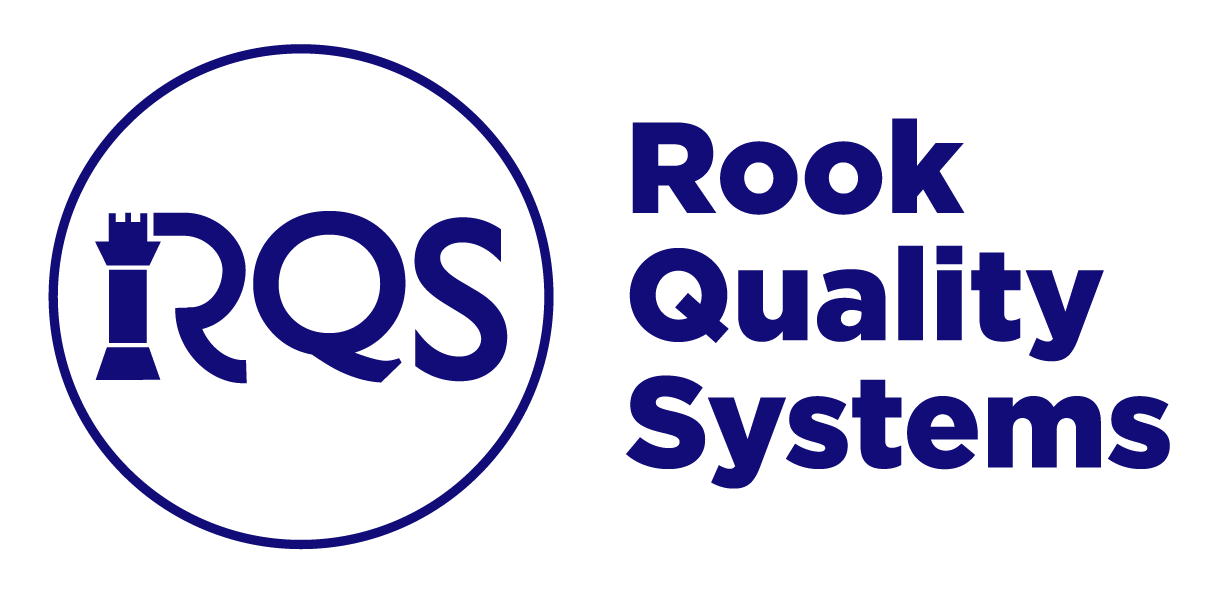A Guide to Etiquette and Preparation for Your First FDA Audit
Mastering Your First FDA Audit: A Guide to Etiquette and Preparation
Following the COVID-19 pandemic, there has been a significant increase in FDA inspections as inspectors strive to catch up with the disruptions caused by the pandemic. This audit surge can be particularly stressful for medical device manufacturers, especially those facing their initial inspection. To aid in navigating this process effectively, here’s a comprehensive guide covering audit etiquette and physical preparation.
Audit Etiquette
Maintaining proper audit etiquette is crucial for professionalism and reducing compliance risks during the audit process. The following tips can help you keep an appropriate level of audit etiquette.
Confidence and Professionalism
Your team’s demeanor and presentation are crucial in impressing FDA inspectors. Confidence, respect, and politeness are critical in demonstrating competency and knowledge to the inspectors. Avoid confrontational behavior and instead justify answers with professionalism and courtesy.
Conciseness Is Key
Provide truthful, accurate, and concise information to FDA inspectors. Avoid oversharing and only respond directly to the questions asked. Oversharing can lead to further exploration by investigators, potentially prolonging the audit.
Seek Clarification
Don’t hesitate to seek clarification if any audit aspect is unclear. Obtaining clarity ensures accurate responses and demonstrates a commitment to providing the information requested by the inspectors.
Preparation Initiatives
In addition to educating your team on proper audit etiquette, there are further steps you can take to prepare for your first FDA audit.
QMS Compliance
Establishing an effective Quality Management System (QMS) forms the foundation of FDA compliance. Develop an inspection process and procedures for design, manufacturing, testing, and post-market surveillance while prioritizing document control and recordkeeping.
Create an FDA Inspection Plan
Develop and implement a detailed plan for FDA inspections based on FDA guidelines. Ensure the availability of necessary personnel and facilities, such as subject matter experts and suitable meeting rooms equipped with required technology.
Document Management
Organize and maintain all necessary documents for swift access during the audit. Critical documents such as process procedures, quality manuals, and regulatory filings should be available for inspection.
Reflect On Internal Audits
Conduct internal audits & mock inspections regularly to identify and address gaps in process compliance or personnel readiness. If needed, seek assistance from experts like Rook Quality Systems to perform a gap assessment and take corrective action to prepare your company for upcoming audits.
Rook Quality Systems offers expertise and resources to alleviate the stress of FDA inspections. Be sure to schedule your audit; prepare in advance by conducting thorough internal audits with our team of experienced quality engineers and certified auditors. Contact us today for help with your first FDA audit.
